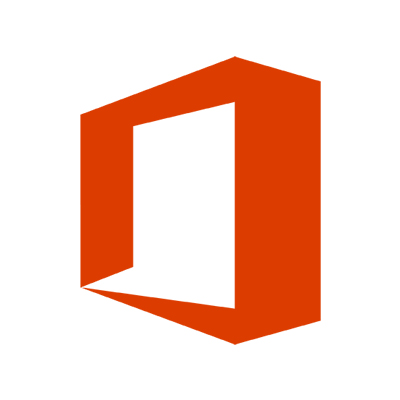Four Productivity Myths You Should Ignore

By:
Everyone wants to be their most productive self, but apparently, we’re all failing.
Productivity has been decreasing, according to the U.S. Bureau of Labor Statistics. Why? There are a lot of factors, mostly related to innovation within the job. Everyone seems busier than ever, yet somehow, we aren't progressing or moving forward.
Maybe it has to do with our bosses? Or maybe we’re inundated with too many productivity tips? Or maybe we're just doing it wrong?
To help guide you in the right direction, here are four productivity myths to be aware of.
1. “You don’t need a to-do list.”
If a to-do list isn’t your thing, so be it. But to-do lists are ubiquitous because they’re a better way to gather and organize your thoughts in a way that works for you. So, yes, a to-do list is important, but be sure to find one that actually works for you. There is no one-size-fits-all, and there are ample options out there. For simplicity, try the 100-year-old Ivy Lee Method that focuses on the six most important tasks of the day. For the time sensitive, try block scheduling to prioritize time within time. For customization, turn to tech: there are countless apps like OneNote in addition to list templates that are flexible enough to be whatever you want them to be.
2. “Busy = Productive.”
You’re busy, and as a result, you see yourself soaking in the pools of productivity because you’re doing so, so, so much.
Spoiler alert: that’s all a lie.
Being busy is not the same as being productive, and knowing the difference will make life much easier. As Inc. pointed out in 2014, the main difference lies in the quality of work, progressing forward, and meeting your goals. If you’re not doing all of those things, you’re probably spinning your wheels in idle busyness.
s
3. “The more organized you are, the more productive you are.”
Perhaps the biggest relief is that being messy can actually be a good thing. According to a German study on messy desks, those who let their environments go are forced to focus and think more clearly, making disorganization beneficial. Moreover, a study by The New York Times found that messy spaces can make people more creative. So maybe don’t clean that desktop, online or off. Bless your mess because it builds your brain.
4. “Email is the best way to communicate at work.”
We’ve become accustomed to email as the most effective means of communication. But is that true? Not necessarily. There are advantages and disadvantages to every form of communication and it’s important to know which works best in certain situations. If multiple parties need to review information to remain on-file, email. If you need immediacy and emotion (and be “off the record”), call. If you need to use personal interaction to make multiple decisions, meet in person. For the same thing but for people in different parts of the world, use Skype. If you need to send a direct, collaborative message in a secure environment, instant message. If you need an immediate response that—for better or worse—crosses the boundaries of business and personal, text. Once you know the best ways to communicate, your productivity will skyrocket. But be aware: productive communication is changing every day. Across the board, the office of the future is a diverse and personalized space—and it's important to adapt your communication accordingly.
You can do even more than you might think with Office 365, and we’re making it better all the time. Try it for free.


_1.png?auto=format&crop=faces&fit=crop&q=60&w=736&ixlib=js-1.1.0)